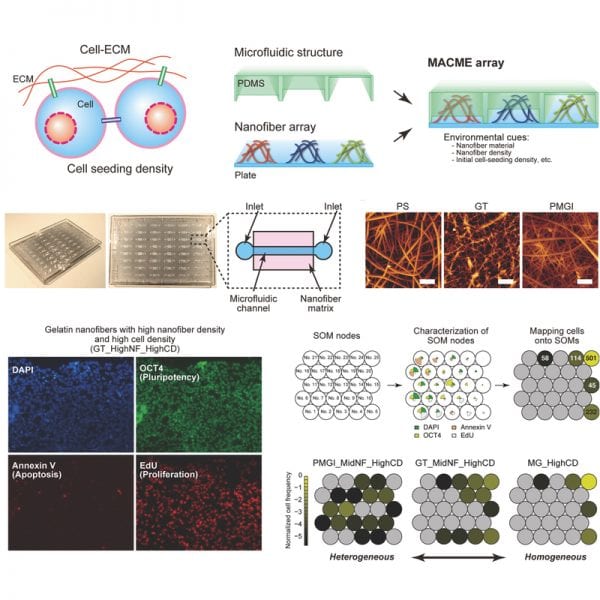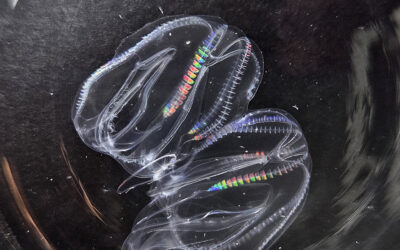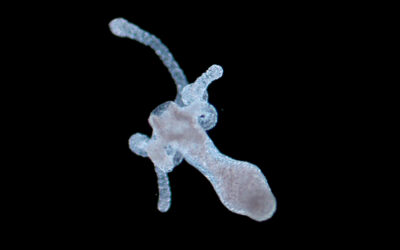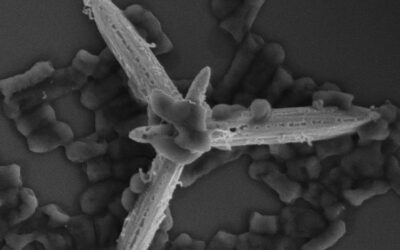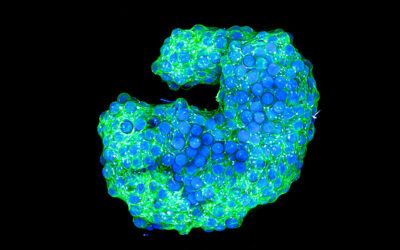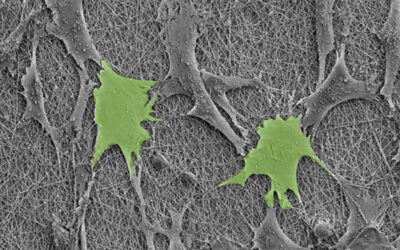Human pluripotent stem cells (hPSCs) have received great attention worldwide, because of their potential use in regenerative medicine and drug discovery for currently incurable diseases. Although tremendous efforts are being invested in this field, control over the response of hPSCs to medicine needs to be improved by using advanced cell culture systems. If we cannot control the properties and functions of hPSCs as that of conventional medicines, these cells might negatively impact us by causing diseases like cancer, instead of curing diseases.
To tackle this issue, a new article published in Small, by Ken-ichiro Kamei, Yong Chen, and co-workers, focuses on the natural cell control system that exists in our body and regulates cellular behavior. An important strategy to regulate cells is by regulating their environments. The body has very sophisticated, but well-organized cellular microenvironments. Therefore, to control cells as desired, we need suitable environments. Usually a culture flask or dish, whose dimensions are in centimeters, is used for cultivating cells, which vary from 5 to 20 micrometers in size, i.e., 1/1000 times smaller! Therefore, undoubtedly cell culture flasks or dishes cannot provide suitable environments for cells, and thus we need an advanced tool for this purpose.

Screening strategy to identify optimal cellular microenvironments for regulating cellular functions. More information here.
The development of an advanced cell culture and assay tool is reported—a hybrid platform of microfluidics and nanofibers to reproduce artificial cellular microenvironments with a variety of cellular densities and scaffolds. Suitable environments could be identified for hPSCs by screening and investigate how these environments influence hPSC functions such as self-renewal.
This hybrid platform is envisioned to facilitate the progress of hPSC application in regenerative medicine, and drug discovery.

